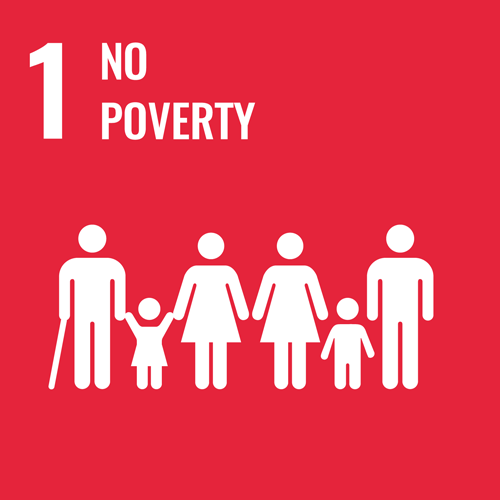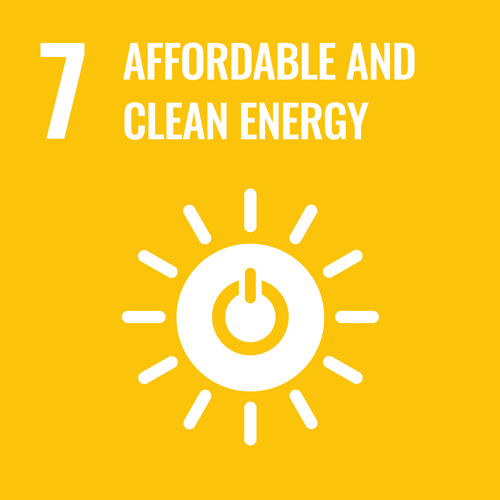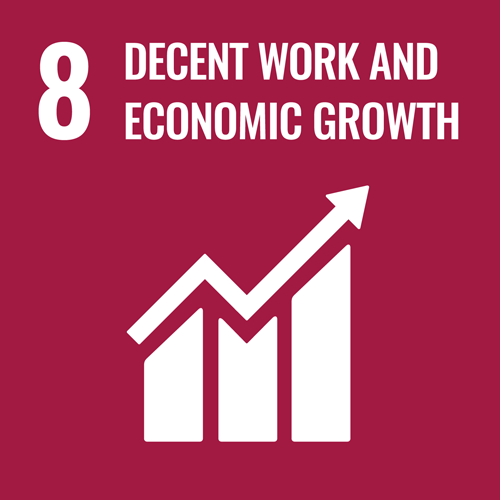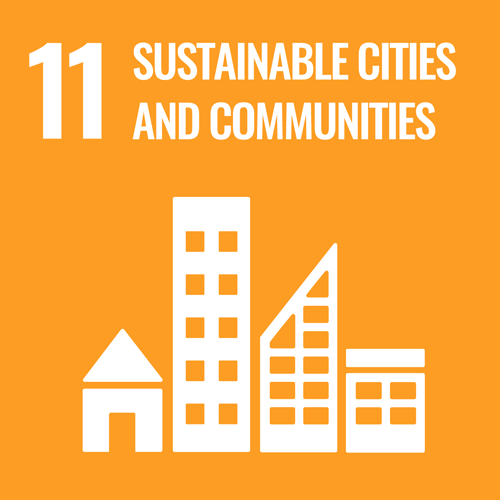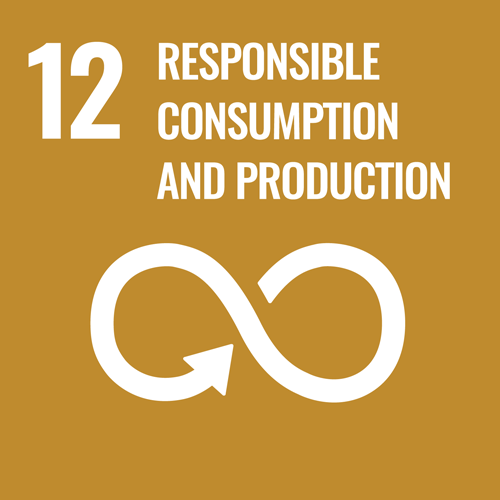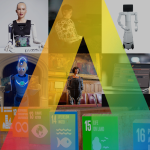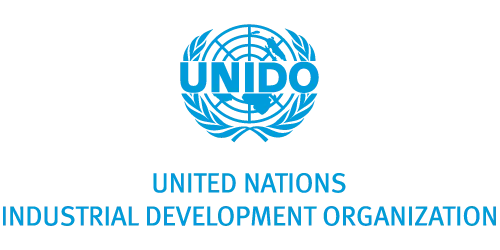
UNIDO is the specialized agency of the United Nations that promotes industrial development for poverty reduction, inclusive globalization and environmental sustainability.
Description of Activities on AI
Project 1: Empowering SMEs in Developing Countries through Artificial Intelligence
The initiative originates in the framework of the Inter-Agency Working Ground on Artificial Intelligence (hereinafter referred to as “IAWG-AI”), established during the 40th High Level Committee on Programmes (HLCP) session, and co-led by United Nations Educational, Scientific and Cultural Organization (UNESCO) and the International Telecommunications Union (ITU). The IAWG-AI has the mission to deliver concrete outcomes on Artificial Intelligence (AI) aimed at enhancing UN system-wide policy coherence and programmatic coordination.
During the inception stage of this project, a gap analysis carried out by the HLCP found a lack of collaborative system-wide efforts on supporting small- and medium-sized enterprises (SMEs) in the field of AI. A further gap analysis found that the availability of knowledge products that support the adoption of AI by SMEs in developing countries is especially lacking. The recommendation was made to further efforts including identifying requirements that would be specific to AI businesses, compiling technical recommendations on conducting legal and policy assessments, and developing clear frameworks and guidance for Member States. This proposed initiative is a significant step in this direction, and it is key for us to note this gap in the market to focus work upon.
The purpose of this initiative is to improve the competitiveness and sustainability of SMEs located in developing countries by promoting their innovation and digitalization. By developing a set of Artificial Intelligence technical recommendations and a toolkit specifically tailored to SMEs in developing countries, the initiative aims at raising awareness on the potential of AI and fostering its adoption and application among the target group—SMEs in developing countries, with a particular focus on formal businesses as opposed to informal businesses.
Project 2: Promoting sustainable bush-processing value chains in Namibia
In Namibia, the vast majority of the population is engaged in agricultural production as subsistence farmers, yet due to low productivity levels, only half of the country’s food demand can be met through these activities, while the other half is met through imports. Since Namibia is one of the driest countries in sub-Saharan Africa, concerns about issues related to water management and shortages, waste generation and pollution are growing. In addition, the agricultural activities are threatened by bush encroachment, a form of land degradation that can be found worldwide, but much more frequently in arid and semiarid rangelands. While bush encroachment constitutes an immense challenge, it also provides opportunities: by utilizing biomass, agricultural productivity becomes storable, thereby strengthening the drought resilience of farmers.
The project’s aim is to strengthen important sources of food and income through processing and converting invasive bush species into animal feed and charcoal utilizing it in agricultural, livestock and water management practices. Direct outcomes of the project encompass provision of 4IR and digital tools in supporting targeted, responsible and sustainable bush thinning and subsequent processing leading to value addition and job generation. In line with the Strategic Action Plan launched in 2020, a convergence of feasibility and market intelligence study, NGGP, a special purpose production plant, is being operationalized for manufacturing of high-value livestock feed, coal, chips, Arabic gum and other selected products utilizing Acacia species. Through these measures, higher levels of agro-industrial productivity will be achieved, resulting in a better local and regional supply of animal feed, energy, and other bush-based products, that will further facilitate improved competitiveness, import substitution and exports of food, relying, inter alia, on better quality meat and dairy products.
Project 3: Strengthening Implementation Design of Artificial Intelligence (AI) Eco-System in Jordan
Global experience shows that entrepreneurship stimulates job creation in the economy. The degree of entrepreneur success depends on the maturity of the supporting ecosystem. Traditional pathways for job creation and growth, however, are at risk of not producing enough jobs in the future. The Government of Jordan has been encouraging entrepreneurship to shift these forecasts and accelerate the rates of job creation.
Project 4: Industrial modernization and upgrading of carpet-weaving, embroidery and traditional textile sectors in Tajikistan
UNIDO has developed and successfully implemented (2015-2017) a technical cooperation project entitled “Industrial modernization and competitiveness improvement of carpet-weaving and embroidery/textile sectors in Tajikistan”. A two-year pilot project (or Phase I) aimed to increase the productivity and competitiveness of Tajik enterprises in the carpet weaving and embroidering sectors by identifying regional and international export markets, improving the technological cycle and industrial modernization, introducing innovative marketing tools, and strengthening national expertise to provide required technical support and services to local enterprises on a sustainable basis. Within the framework of the pilot project, fully fledged enterprise diagnosis of carpet weaving and embroidery manufacturers was carried out, activities were conducted to train experts throughout the production and market access cycle, including product design, personnel management, financial management of enterprises, marketing of finished products. As a result of the technical support of the project, the products of Tajik enterprises under a joint brand “LA’AL Textiles”, including carpet weaving, home textile, and Adras products, were presented at more than 16 national and international exhibitions, while commercial contracts were signed with leading hotels and retail chains in Tajikistan for the supply of Tajik products.
Project 5: Industry 4.0 to foster youth employment in Tunisia and Côte d’Ivoire
This project document outlines UNIDO’s proposed approach to address a major socio-economic problem in Tunisia, as well as in the complementary country Côte d’Ivoire, namely the high unemployment rates among youth and women. In the context of the industrial sector, the focal problem lies in the lack of dedicated policy and mechanisms as well as updated capabilities and infrastructure to benefit from the 4IR in promoting growth and fostering youth employment. BMZ’s has a Special Initiative on training and Job Creation with emphasis on technology and innovation development and value chains promotion, under which the current project document is designed to boost integration into 4IR ecosystems combined with increased and enhanced employment opportunities and conditions in selected enterprises in Tunisia and Côte d’Ivoire. The suggested industrial sector for intervention are: Automotive, Aerospace and ICT, Solar energy (Tunisia); ICT and agro-industry (Côte d’Ivoire).
The intervention will foster higher demand for skilled workers by addressing constraints on the business side that prevents firm growth and cluster development and will support youth and others to engage in these opportunities by increasing access to technology, skills, and information about jobs and business prospects. Consequently, the project will focus on agents working in the targeted clusters, especially youth and women, support for labour market integration, entrepreneurship, incubators and training structures; and strengthening of financing institutions (banks, micro-credit institutes, etc.). In addition, alignment will be sought with the broader framework of relevant national policies.
The project is addressing the main challenged identified in Tunisia, as well as in the complementary country Côte d’Ivoire, which is the high unemployment rates especially among youth and women. Regarding the industrial sector, the focal problem to be addressed is the identification and elaboration of missing points or gaps at dedicated policy and strategies, capability and infrastructure to adopt and benefit from the 4IR to promote growth and foster youth employment.
Project 6: Digital transformation and 4IR: Regional studies and Development Dialogues
The digital divide and its implications for manufacturing remain an urgent concern for UNIDO Member States. The UNIDO Industrial Development Report 2020 illustrated this gap, stating that just ten economies (mostly in the Global North) account for over 90 per cent of the advanced innovation patents and some 70 per cent of the exports associated with advanced digital production (ADP) technologies. Meanwhile, 88 developing economies located in the Global South play little or no role in the Fourth Industrial Revolution, either as consumers or producers of ADP technologies. This underlying structural issue has been exacerbated by the outbreak of the COVID-19 pandemic, which since early 2020 has significantly disrupted global value chains and cross-border manufacturing and trade. In an effort to maintain continuity of production and business operations during the lockdown period, many businesses turned to digital platforms, which are enabling recovery from the associated industrial downturns. The UNIDO Industrial Development Report 2022 finds that firms, which have digitalized some of their operations, have been recovering significantly quicker than those who have not.
Manufacturing has been vital to the common multilateral effort against the COVID-19 pandemic internationally, not least through the repurposing of industrial facilities towards essential goods in the healthcare sector, such as personal protective equipment, testing kits and the development of contact tracing and identification of infected individuals. As we are entering the post-pandemic period, some global trends have been identified, with many multinational firms choosing to avoid global risk through prioritizing local production, customization and intra-regional trade over global value chain production. This shift may have implications for developing countries, which are disproportionately dependent on foreign direct investment in labor-intensive sectors and which currently lack the advanced technological capacities to easily transition to the Fourth Industrial Revolution (4IR).


